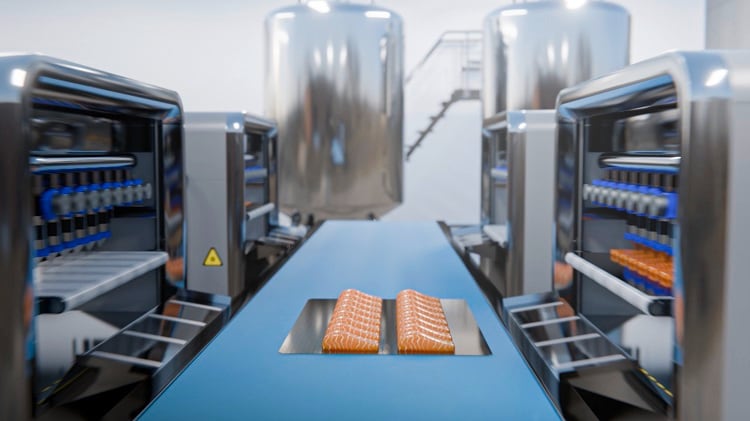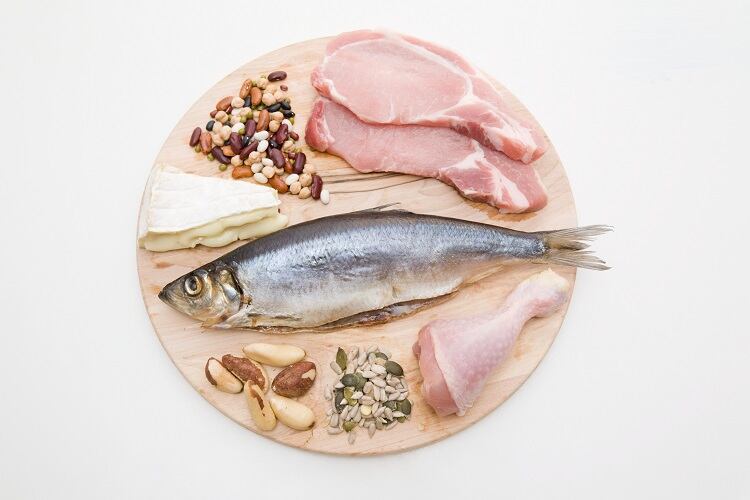Research from the organisation ProVeg, carried out in partnership with Innova Market Insights, the University of Copenhagen, and Ghent University, looked at consumer attitudes towards plant-based meat across 10 European countries, assessing more than 7,500 adults. It found that, while 51% of respondents were eating less meat overall, there were still certain barriers towards consumer acceptance of the plant-based meat category: namely, taste and cost.
Research in 2022 suggested that the price gap between meat products and plant-based analogues is narrowing, and even in occasional cases, and in some markets, is cheaper than meat. However, cost remains a significant factor. In ProVeg’s research, 38% of the respondents who did not buy plant-based meat gave cost as a reason.
Achieving price parity with the meat industry may be a difficult task. But identifying the root of these difficulties is the first step to understanding how producers can improve the appeal of the category to consumers.
Why the high prices?
Of course, ProVeg’s recent research is not the first time that consumers have expressed concerns over the cost of plant-based meat.
In a previous survey by ProVeg, it was found that, “in terms of product attributes (convenience, texture, taste, appearance, naturalness, price, and nutritional value), price was the main area of dissatisfaction in almost all product categories,” Jasmijn de Boo, global CEO of ProVeg International, told FoodNavigator.
This, she suggested, is due to a combination of factors. “Margins on meat have been historically low, typically set at 8%, while plant-based foods are sold at margins of between 35% and 50%.
“The pricing of meat is often influenced by subsidies, traditional industry practices, and established supply chains, which can impact the pricing structure. In contrast, while plant-based products face challenges in achieving price parity due to various factors, the absence of historical subsidies allows for a more direct alignment between cost and consumer pricing.
“As the plant-based sector continues to mature, alternative proteins may experience increased efficiency, innovation, and economies of scale, contributing to more accurate pricing.”
Chris Jenny, co-founder of plant-based meat brand Planted, agreed. “In today’s market, the price of food is decisive - as with everything else. Subsidies for different sectors along the animal protein value chain maintain this unequal balance - at our own expense. We need to change this to get closer to the true cost of our protein consumption. Subsidising meat substitutes would help the industry to reduce production costs and thus lower prices,” he told FoodNavigator.
Achieving price parity
Achieving price parity with meat is important for plant-based producers, as it would overcome one of the main barriers to consumer acceptance of plant-based meat. According to ProVeg’s de Boo, progress is being made towards this goal.
“It is growing increasingly common, thanks to retailers getting on board, such as Lidl. We expect this to increase, along with the growing trend to reduce meat consumption, as evidenced by the Smart Protein report.”
Despite the results of the report, there is a ‘sense of optimism,’ de Boo told us, about price parity. “This is largely due to the visible increase and expansion of the adoption and acceptance of plant-based diets and products in Europe, as observed in our Smart Protein research. This, in turn, will attract investment in the sector, drive innovation, and enhance operational efficiency, ultimately contributing to more competitive pricing for plant-based products.”
Planted’s Chris Jenny also remains optimistic about this possibility. “We are convinced that we will be able to significantly reduce production costs and prices in the coming years - this is part of our business plan to penetrate the mass market,” he told us.
“Traditional meat production has worked in the same way for decades. In addition, with the current inflation, rearing and fattening animals is becoming more expensive. On the other hand, major technological advances are still possible with plant-based meat products and prices will fall as production volumes increase.”





